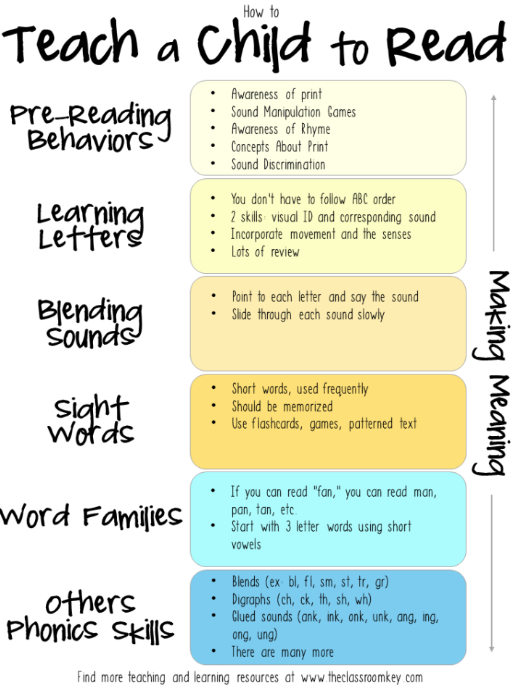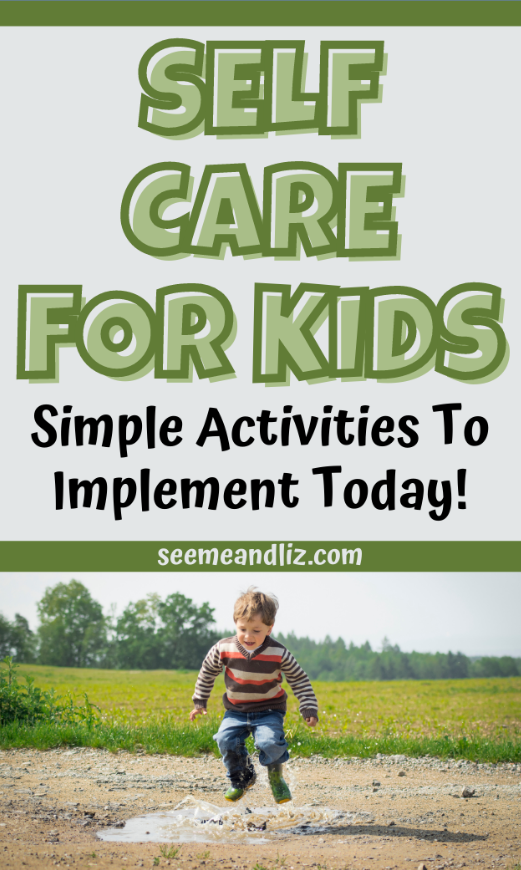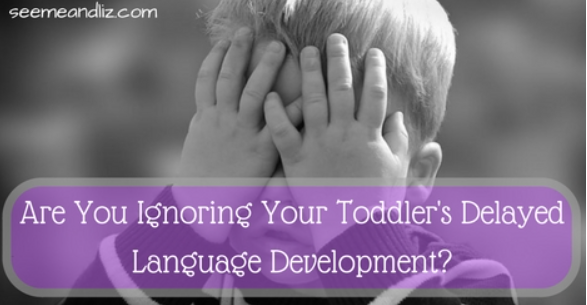The Best Ways To “Teach” Your Toddler To Read!
As a former Speech-Language Pathologist I can tell you that there are many skills a toddler can and should be learning, but reading is not one of them.
There is no study that I could find that definitively correlates early reading ability with later academic success.
In fact, in many Scandinavian countries where children excel academically, they do not receive formal reading instruction until the age of 7.
However, there is plenty of information that supports the idea that toddlers with superior oral language skills (this is often seen in children who partake in lots of pretend play) do better with reading and writing once they are in the higher elementary grades.
My children are 9 and 11 now and both of them are doing very well with reading (for their age) and neither of them could read a word prior to the age of 4.
Developmentally, most children are ready to start reading and being taught to read closer to the age of 6 (this is an average, some aren’t ready until the age of 7).
And, children who can read at the age of 4 aren’t any further along than those who started reading later by the time they reach grade 4.
Prior to that age the majority of children’s brains are not able to decode a letter, combine letters and then form words.
Children also need to have a large vocabulary base in order to understand the words that they are reading or to decode new words.
And the best way to expand a toddler’s vocabulary is through play!
Did you know that children who are taught to read before they are developmentally ready often struggle with reading comprehension in grades 3/4?
This is because much of what they learned has been memorized and not truly understood.
Other studies are finding that executive functioning skills, or lack thereof, play a role in students who struggle with reading.
These types of skills need to be gained before reading will be successful.
Skills such as these are learned through play and interacting with others.
Did you know that sequencing skills are part of the larger group of executive skills?
There are many activities that you can do with your toddler that will help him learn to read once he is ready.
Activities To Help Prepare A Toddler To Read
Play and Play Some More
Yes, playing will prepare your child for academic skills including reading.
Play is a building block for skills that a child will acquire later on.
When a child is playing he is learning new vocabulary.
A study conducted by Meredith Rowe in 2012 found that the size of a child’s vocabulary in kindergarten can predict his ability to learn to read.
Rowe also found that it isn’t simply the amount of words used that matter, but also the types of words.
So go ahead and introduce your child to new words during play. But don’t go overboard. Make sure you keep the interactions natural.
For example, when playing with a toy train…
It is best to introduce new vocabulary words during a play activity your child has expressed interest in.
This is why it is important to follow your child’s lead in play!
Point Out Logos/Signs
A logo or sign is a symbol for something. This means your child has made the connection between the sign/logo and a place he likes to eat. Reading is very similar.
Your toddler has learned a pre-requisite skill for reading by making the association between a logo and a place.
Read To Your Child
Start reading to your child at around 6 months of age. It is totally fine to start reading to your baby right from birth.
You can read books with rhyme and repetition…
Book Exploration
Model the correct way to hold a book.
When you are reading with your child, occasionally use your finger to follow along with the words so that your child sees that you are looking at the text.
Letter Puzzles/Magnetic Letters
Have some letter insert puzzles or magnetic letters…
Rhyming Games
Phonological awareness is a strong predictor of reading success.
There are many books that contain rhymes.
Below are great first books because they introduce rhyming in a fun way.
Encourage Invented Spelling
As children get older they will include more letters to their word…
Your child is inventing his own spelling based on how a letter sounds phonetically.
Will You Still “Teach” Your Toddler To Read?
Do Not Skip These Important Steps!
Yes, a toddler can learn to memorize words and even match them to the correct picture…
But our brains develop a certain way and we can’t force things prematurely as the end result could be quite different from what was intended.
Reading is more than just recognizing and saying words.
Here is a great infographic by The Classroom Key showing exactly what is involved in learning to read.

These are some of the many reasons why I did not teach my toddler to read!
Try not to rush your toddler into becoming a school aged child.
Please share your thoughts in the comments below!




